
Observations:
The information on this page was collected and verified on October 9, 2020. The information here was collected for research purposes and is related to the following blog post co-authored by Amanda Hunter and Tracey P. Lauriault.
- All provincial and territorial, as well as the federal governments are publicly publishing up to date COVID-19 data.
- None of official public provincial and territorial, as well as the federal governments health sites publish COVID-19 data under an open data licence. Each claims copyright with the exception of Nunavut that has no statements.
- ONLY Saskatchewan, Manitoba*, Nunavut and the North West Territories DO NOT HAVE open government and open data initiatives. Manitoba has an open government initiative but not with an open data licence.
- ONLY British Columbia and Ontario, as well as the Federal Government include COVID-19 data in their open Data Portals / Catalogues. Quebec republishes 4 COVID-19 related datasets submitted by the cities of Montreal and Sherbrooke.
The following includes a list of official COVID-19 provincial and territorial, and federal websites including links to their data and information copyright, terms of use and disclaimers. Also, included are links to open government and open data initiatives, including policies, directives, and open data licences. Finally, each of the existing open data sites were searched on Oct. 9 to assess if they disseminate COVID-19 data.
British Columbia
BC Centre for Disease Control BC COVID-19 Data http://www.bccdc.ca/health-info/diseases-conditions/covid-19/data
© Province of British Columbia
Terms of Use http://www.bccdc.ca/Health-Info-Site/Documents/BC_COVID-19_Disclaimer_Data_Notes.pdf
Disclaimer / Information http://www.bccdc.ca/Health-Info-Site/Documents/BC_COVID-19_Disclaimer_Data_Notes.pdf
Open Information and Open Data Policy https://www2.gov.bc.ca/assets/gov/british-columbians-our-governments/services-policies-for-government/information-management-technology/information-privacy/resources/policies-guidelines/open-information-open-data-policy.pdf
“While the Open Information and Data Policy applies to all government information and Data, legal, policy, and contractual obligations, limit the application of this Policy in some cases. In addition, this Policy sets out specific criteria that must be met before government information is designated for Proactive Disclosure or Routine Release, or before Data can be considered Open Data.”
Open Data https://www2.gov.bc.ca/gov/content/data/open-data
Open Data Licence https://www2.gov.bc.ca/gov/content/data/open-data/open-government-licence-bc
YES – COVID-19 Data in the Open Data Portal
Yukon
COVID-19 information https://yukon.ca/en/covid-19-information
© Copyright 2020 Government of Yukon
Copyright https://yukon.ca/en/copyright
Disclaimer https://yukon.ca/en/disclaimer
Mandate Letter Commitment to Open Data https://yukon.ca/sites/yukon.ca/files/eco/eco-mandate-richard-mostyn_en.pdf
Open Data https://open.yukon.ca/data/
Open Government Licence https://open.yukon.ca/data/open-government-licence-yukon
NO – COVID-19 Data in the Open Data Portal
Alberta
COVID-19 info for Albertans https://www.alberta.ca/covid-19-alberta-data.aspx
© 2020 Government of Alberta
Terms of Use https://www.alberta.ca/disclaimer.aspx#toc-0
Disclaimer and Copyright https://www.alberta.ca/disclaimer.aspx#toc-0
Government of Alberta Open Information and Open Data Policy https://open.alberta.ca/policy
“provides a framework to establish the operational responsibilities, organization, processes, tools and other resources required for a single approach to the open data and open information programs. The policy also provides foundational assurance and guidance to staff from across the Government of Alberta with respect to identifying, preparing, and publishing data and information through the open data and open information portals on a routine basis going forward.”
Open Government Alberta https://www.alberta.ca/open-government-program.aspx
Open Data https://open.alberta.ca/opendata
Open Government Licence https://open.alberta.ca/licence
NO – COVID-19 Data in the Open Data Portal
Northwest Territories
GNWT’s Response to COVID-19 https://www.gov.nt.ca/covid-19/
Copyright https://www.gov.nt.ca/en/terms#2-copyright-and-trademarks
Disclaimer https://www.gov.nt.ca/en/terms
Open Government Policy https://www.eia.gov.nt.ca/sites/eia/files/2018-01-08_open_government_policy_-_signed.pdf
There is a Discovery Portal with environmental geospatial data, but not released under an open data licence; the Copyright Act applies.
Saskatchewan
Saskatchewan Health and Wellness Dashboard https://dashboard.saskatchewan.ca/health-wellness
© 2019, Government of Saskatchewan.
Terms of Use (disclaimer) https://dashboard.saskatchewan.ca/terms
Copyright https://www.saskatchewan.ca/copyright
N/A – No open government or open data initiative.
There is an open geospatial data portal: https://geohub.saskatchewan.ca/ with a Standard Unrestricted Use Data Licence: https://gisappl.saskatchewan.ca/Html5Ext/Resources/GOS_Standard_Unrestricted_Use_Data_Licence_v2.0.pdf
Manitoba
Manitoba COVID-19 Updates https://www.gov.mb.ca/covid19/updates/index.html
Copyright © 2017, Province of Manitoba
Disclaimer https://www.gov.mb.ca/legal/disclaimer.html
Copyright https://www.gov.mb.ca/legal/copyright.html
Open Government Portal https://www.gov.mb.ca/openmb/index.html
“provides Manitobans with a place to engage with government to share your ideas, stories and knowledge. It’s also an easy way to find government reports and data.”
No Open Data Licence
NO – COVID-19 Data in OpenMB
Nunavut
Department of Health COVID-19 (Novel Coronavirus) https://www.gov.nu.ca/health/information/covid-19-novel-coronavirus
No copyright or disclaimer notifications
N/A – No Open Data or Open Government Initiative.
Ontario
COVID-19 case data: All Ontario https://covid-19.ontario.ca/data
© Queen’s Printer for Ontario, 2012-2020
Terms of Use https://www.ontario.ca/page/terms-use
Copyright https://www.ontario.ca/page/copyright-information-c-queens-printer-ontario
Open Government https://www.ontario.ca/page/open-government
“We’re creating a more open and transparent government by sharing our data and information, and consulting with the people of Ontario. Learn more about open government and the digital transformation taking place within the Ontario Digital Service.”
Open Data Directive https://www.ontario.ca/page/ontarios-open-data-directive
Adopting the International Open Data Charter https://www.ontario.ca/page/adopting-international-open-data-charter
Open Data Catalogue https://data.ontario.ca/
Open Government Licence https://www.ontario.ca/page/open-government-licence-ontario
YES – COVID data in the Open Data Catalogue
Québec
Institut national de santé publique du Québec Données COVID-19 https://www.inspq.qc.ca/covid-19/donnees
© Gouvernement du Québec, 2020
Dispositions de protections des droits de propriété intellectuelle (Copyright/Droits d’auteur) et Intégrité de l’information (Disclaimer)
http://www.droitauteur.gouv.qc.ca/copyright.php
Gouvernement ouvert https://www.quebec.ca/gouv/politiques-orientations/vitrine-numeriqc/gouvernement-ouvert/
Plan d’action pour l’accessibilité et le partage des données ouvertes des ministères et des organismes publics https://cdn-contenu.quebec.ca/cdn-contenu/gouvernement/SCT/vitrine_numeriQc/gouvernement_ouvert/plan_action_gouvernement_ouvert.pdf?1595962618
« constitue la démarche structurée que nous entreprendrons, parce que nous avons la ferme conviction que les affaires de l’État sont également celles de la population. Ce plan d’action représente également l’occasion d’engager une collaboration avec toute la société afin de valoriser la transparence et l’ouverture ».
Données ouvertes https://www.donneesquebec.ca/fr/
License Creative Commons https://www.donneesquebec.ca/fr/licence/#cc-by
NO – Provincial COVID-19 Data in the Open Data Portal only 4 related data republished from the Cities of Montreal and Sherbrooke
Newfoundland and Labrador
Newfoundland and Labrador COVID-19 Pandemic Update Data Hub https://covid-19-newfoundland-and-labrador-gnl.hub.arcgis.com/
Copyright, Government of Newfoundland and Labrador, all rights reserved
Disclaimer/Copyright/Privacy Statement https://www.gov.nl.ca/disclaimer/
Open Government Framework https://open.gov.nl.ca/pdf/OpenGovernmentInitiativeFramework.pdf
Open Government https://open.gov.nl.ca/
“is guided by the principles of transparency, accountability, participation and collaboration. Open governments recognize that true democracy involves working with citizens and stakeholders, not just for them. Open governments acknowledge and benefit from the input, knowledge and expertise that citizens can contribute to the operations and decision-making of government.”
Open Data https://opendata.gov.nl.ca/
Open Data Licence https://opendata.gov.nl.ca/public/opendata/page/?page-id=licence
NO – COVID-19 Data in the Open Data Portal
Newfoundland and Labrador do publish some COVID-19 open datasets on their open geospatial portal with an open data licence.
New Brunswick
New Brunswick COVID-19 Dashboard https://experience.arcgis.com/experience/8eeb9a2052d641c996dba5de8f25a8aa
All content © Government of New Brunswick. All rights reserved.
Copyright and Disclaimer https://www2.gnb.ca/content/gnb/en/departments/jag/attorney-general/content/acts_regulations/content/disclaimer_and_copyright.html
Disclaimer https://www2.gnb.ca/content/gnb/en/corporate/promo/covid-19/about_dashboard.html#disclaimer
Open Data Policy???
Digital Strategy https://www2.gnb.ca/content/dam/gnb/Departments/eco-bce/Promo/digitalnb/digital_new_brunswick.pdf
Open Data New Brunswick https://gnb.socrata.com/
Open Government Licence http://www.snb.ca/e/2000/data-E.html
NO – COVID-19 Data in the Open Data Portal
Prince Edward Island
PEI COVID-19 Case Data https://www.princeedwardisland.ca/en/information/health-and-wellness/pei-covid-19-case-data
© 2020 Government of Prince Edward Island
Website Disclaimer and Copyright Policy https://www.princeedwardisland.ca/en/information/executive-council-office/website-disclaimer-and-copyright-policy
Open Data Principles https://www.princeedwardisland.ca/en/information/finance/open-data-principles
Open Data https://www.princeedwardisland.ca/en/service/open-data
Open Government Licence https://www.princeedwardisland.ca/en/information/finance/open-government-licence-prince-edward-island
NO – COVID-19 Data in the Open Data Portal
Nova Scotia
Coronavirus (COVID-19): case data https://novascotia.ca/coronavirus/data/
Crown copyright © Government of Nova Scotia
Copyright https://beta.novascotia.ca/copyright
Terms https://beta.novascotia.ca/terms
Open Data https://data.novascotia.ca/
Open Government Licence https://novascotia.ca/opendata/licence.asp
NO – COVID-19 Data in the Open Data Portal
Health Canada
Coronavirus disease (COVID-19): Outbreak update https://www.canada.ca/en/public-health/services/diseases/2019-novel-coronavirus-infection.html
Information posted by the Government of Canada is subject to the Copyright Act https://laws-lois.justice.gc.ca/eng/acts/C-42/index.html
Also a link to https://open.canada.ca/en (open.canada.ca/coronavirus)
Government of Canada Open Government https://open.canada.ca/en
“Open Government is about making government more accessible to everyone. Participate in conversations, find data and digital records, and learn about open government.”
Policy on Service and Digital: https://www.tbs-sct.gc.ca/pol/doc-eng.aspx?id=32603 (4.3.2.8 and 4.3.2.8 on Open Information and Open Data)
Directive on Open Government https://www.tbs-sct.gc.ca/pol/doc-eng.aspx?id=28108
Open Data https://open.canada.ca/en/open-data
Open Government Licence https://open.canada.ca/en/open-government-licence-canada
YES – COVID-19 Data in the Open Data Portal












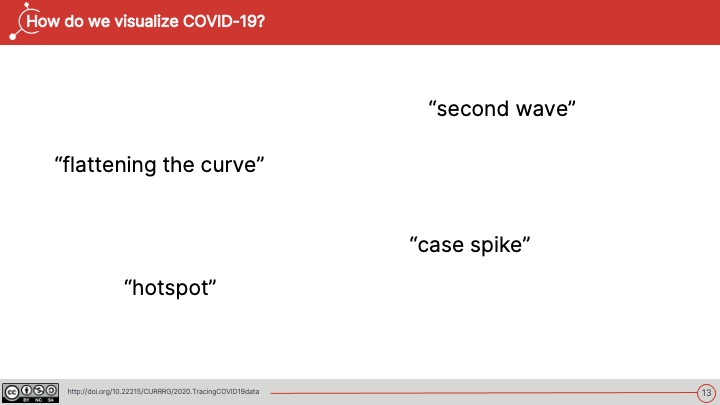

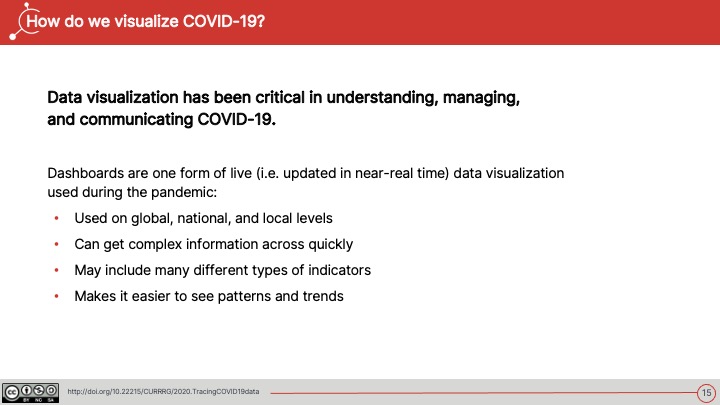
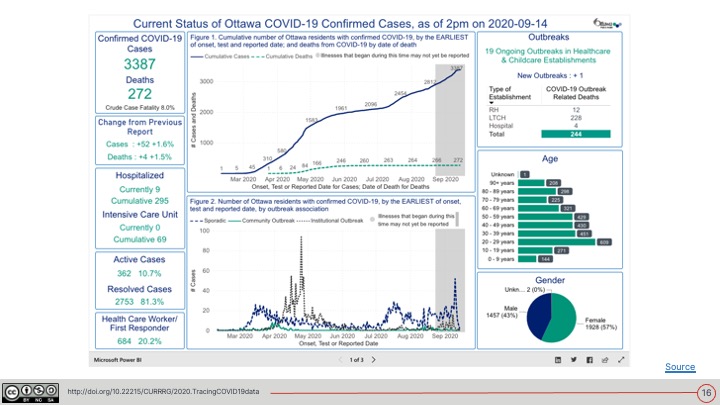
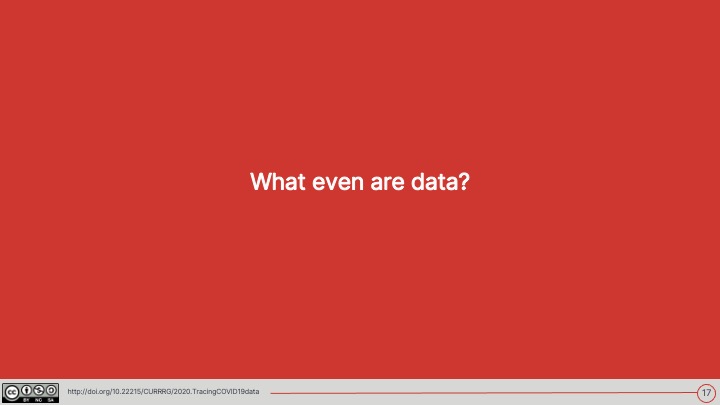
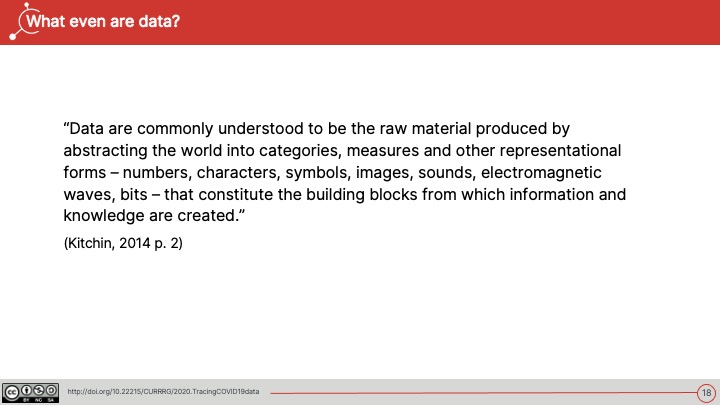
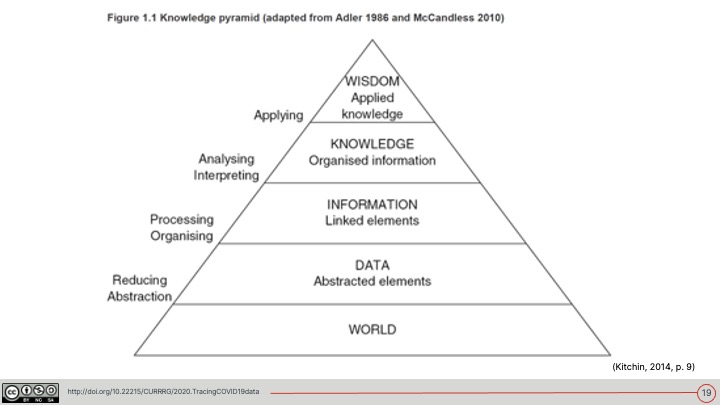
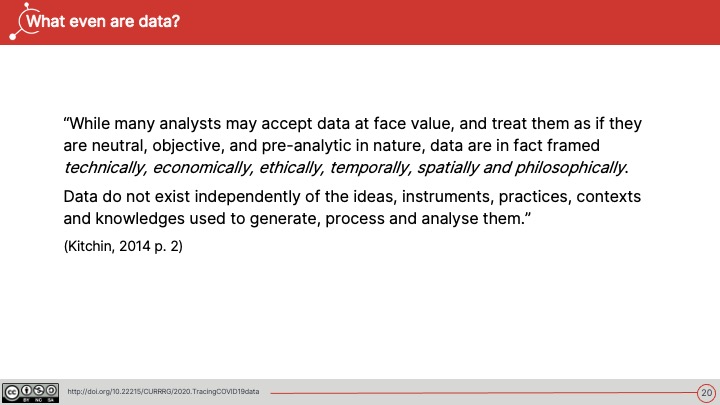
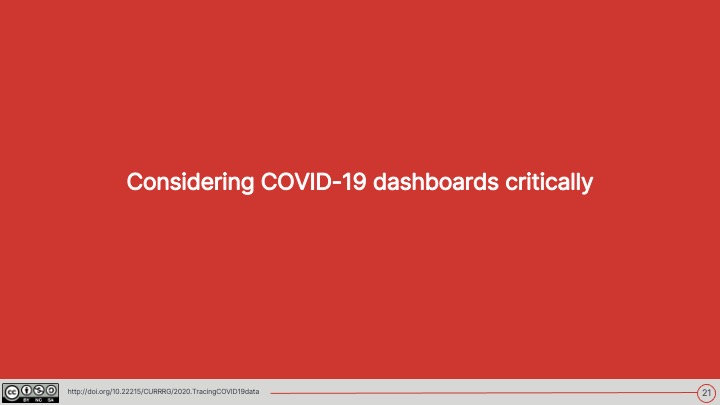
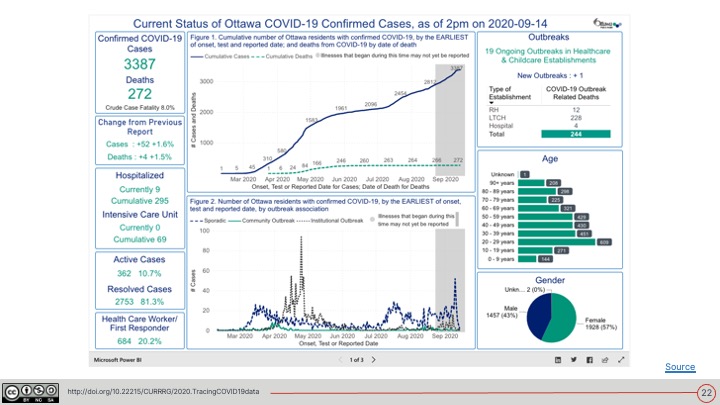
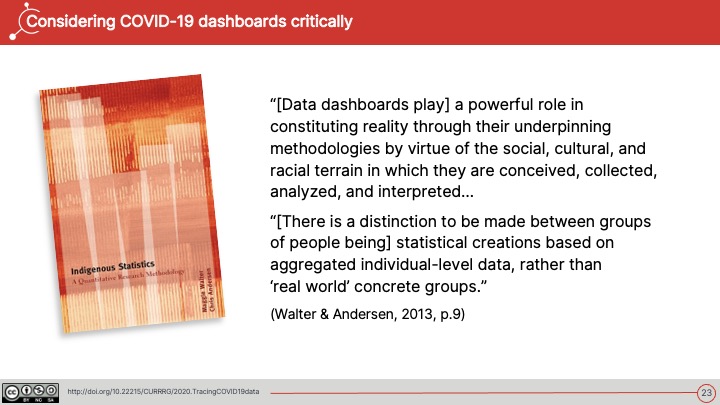
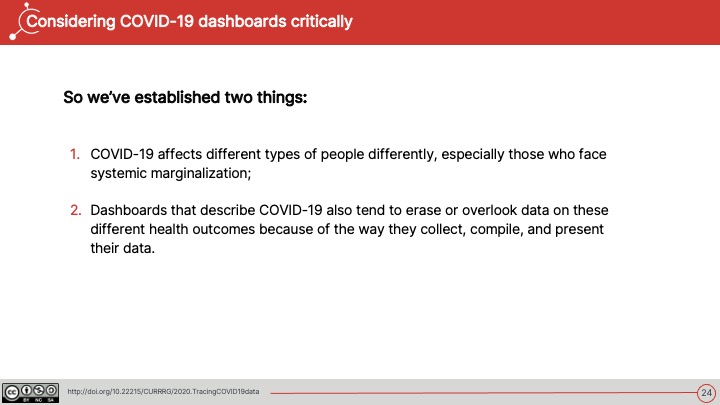
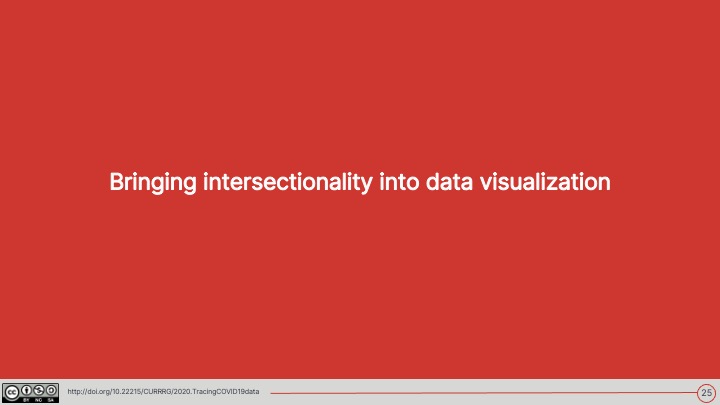
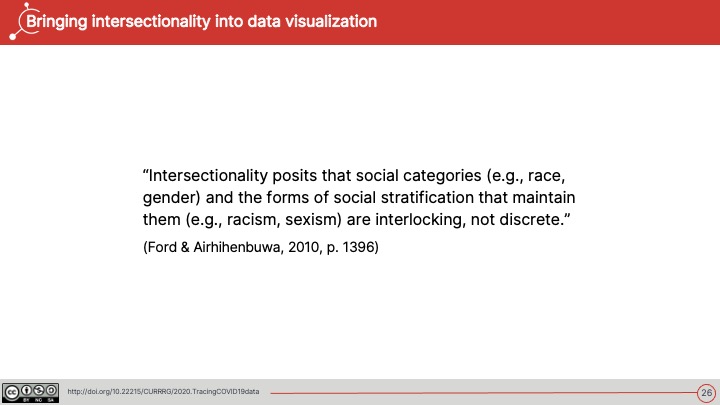
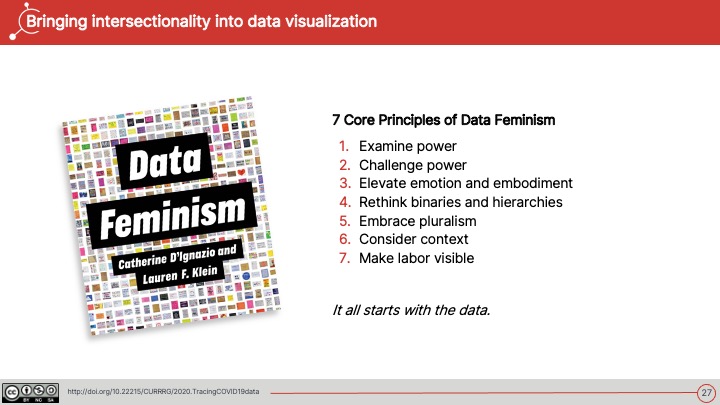
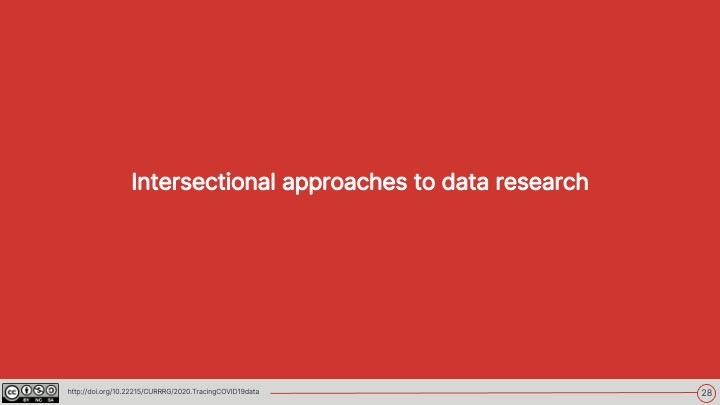
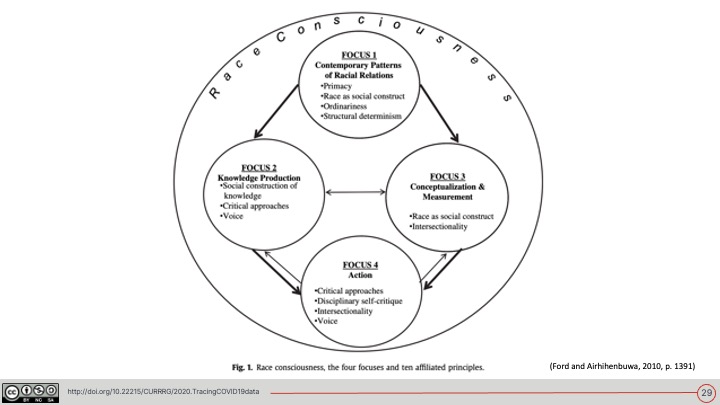
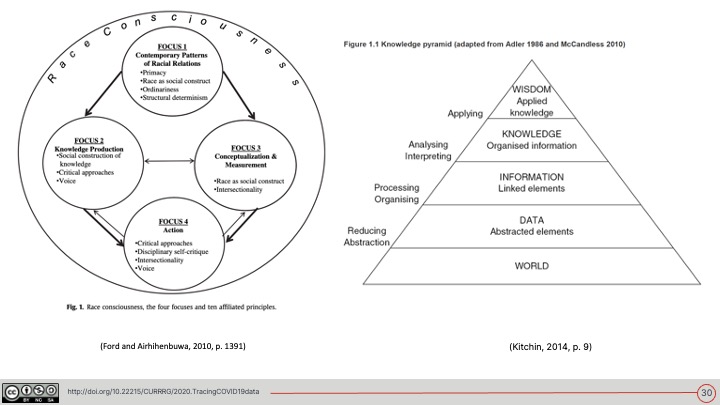
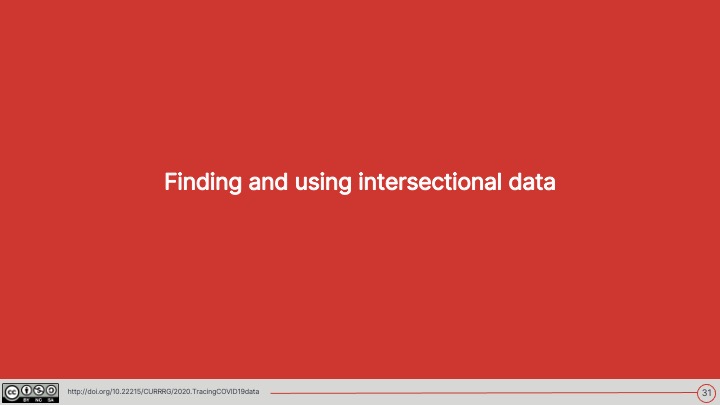
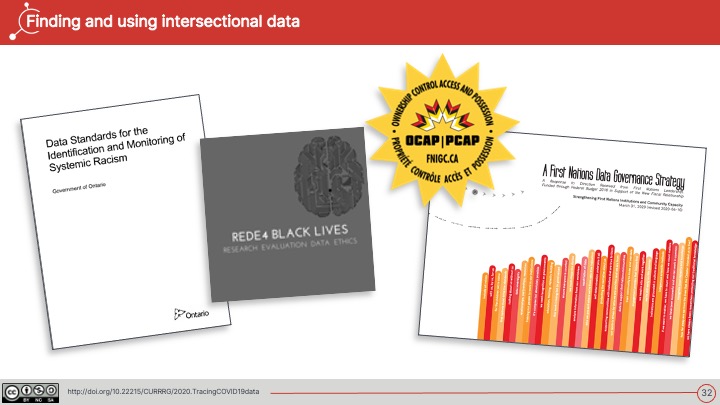
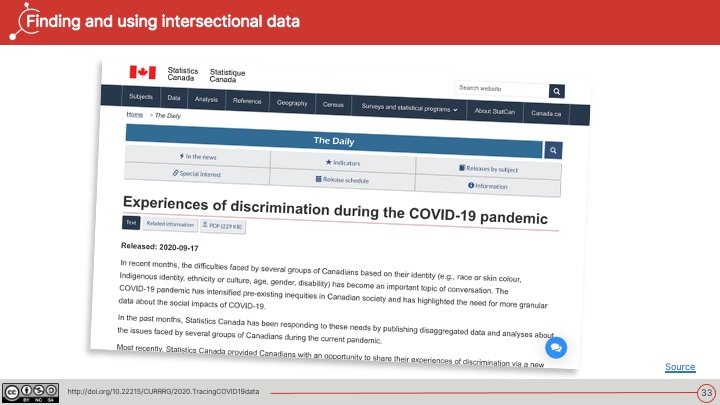
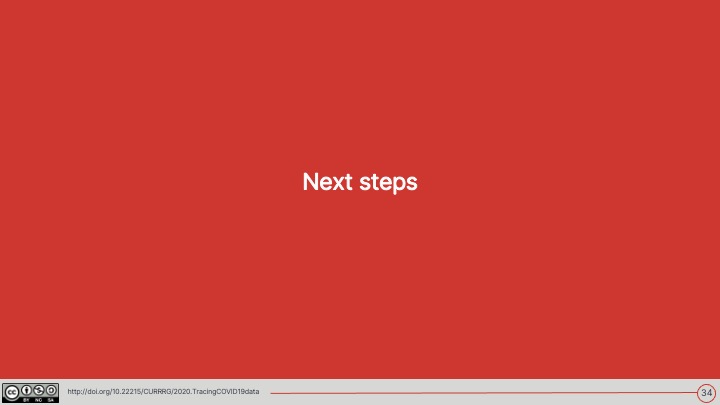
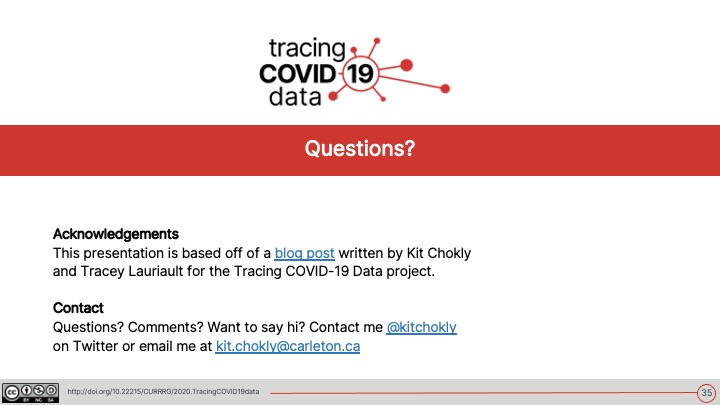

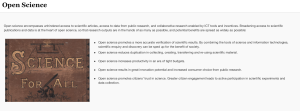
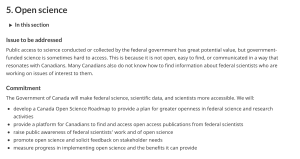
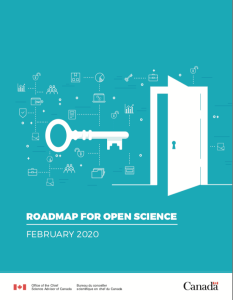
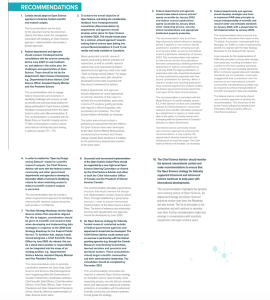
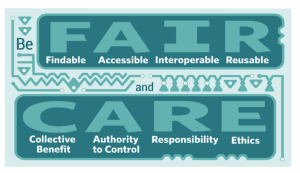
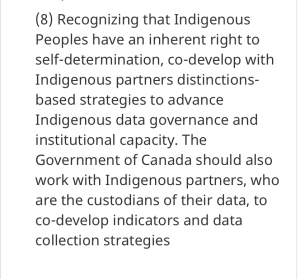
Comments on Posts